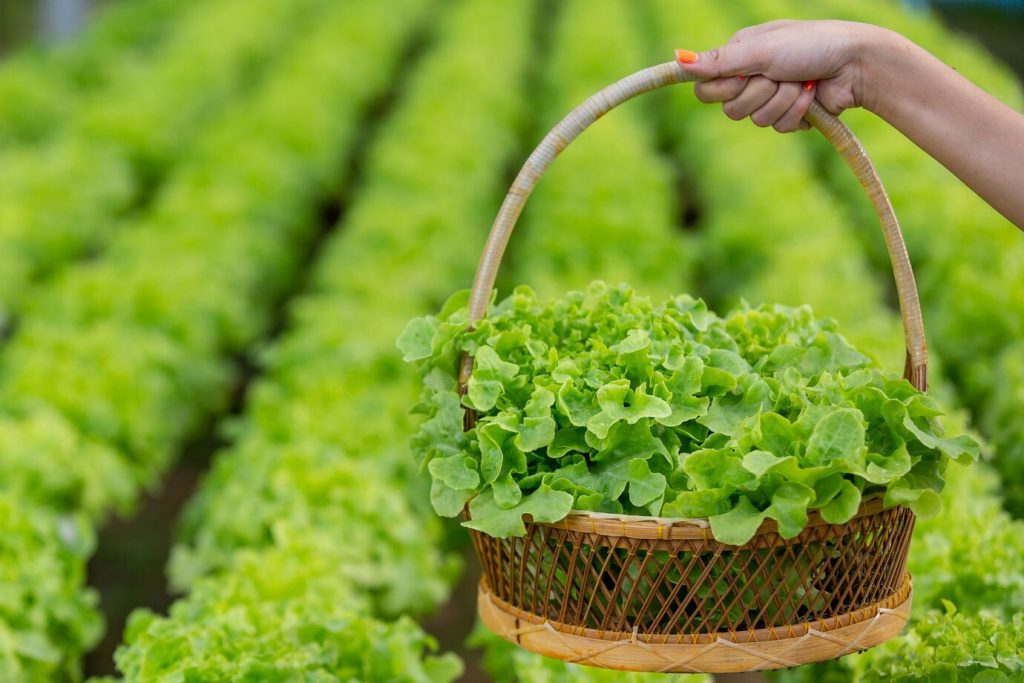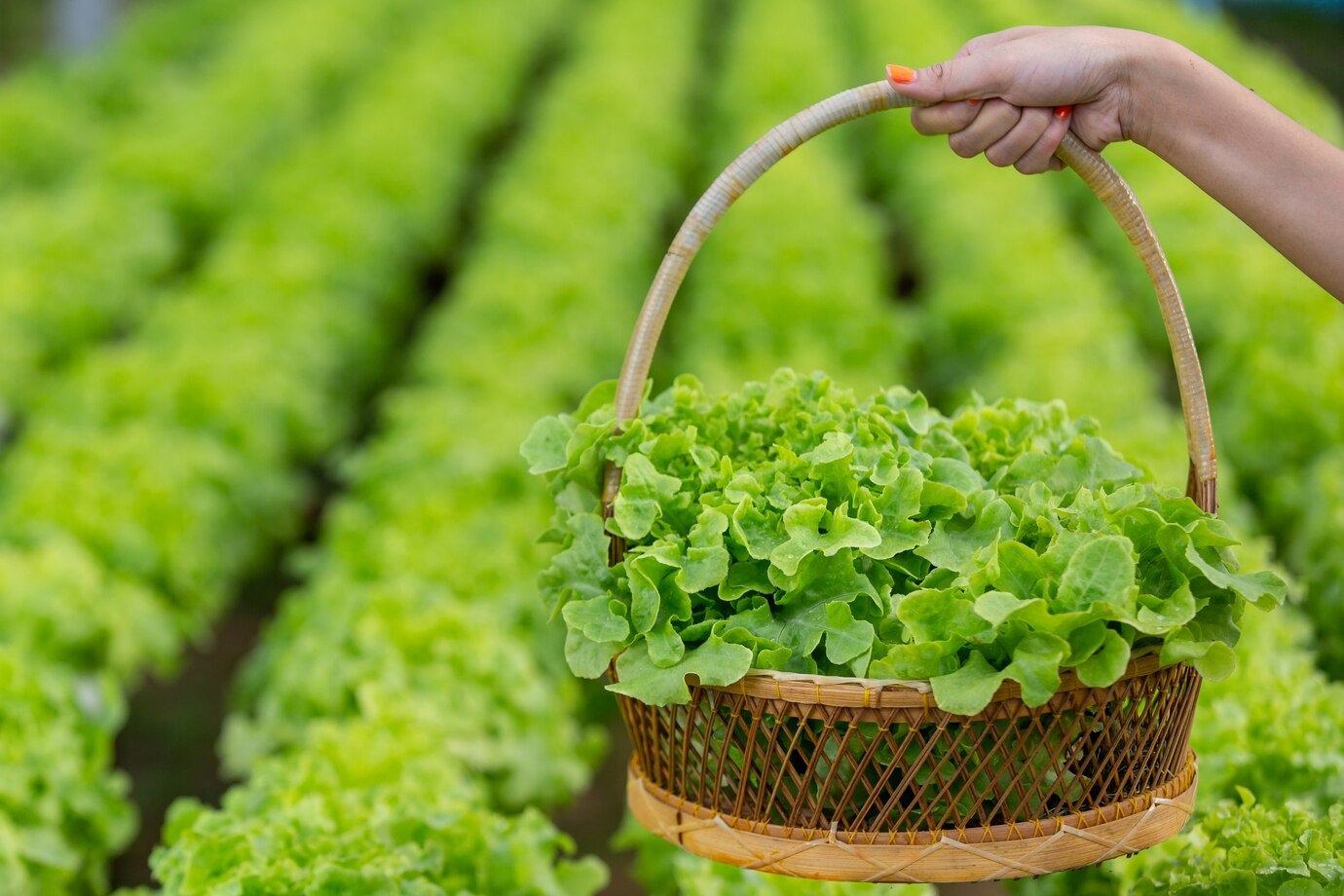The global organic market is experiencing a remarkable surge. This is driven by increasing consumer awareness and growing demand for healthier and sustainable food options. In India as well the organic food sector is witnessing a significant shift in preferences. Consumers are seeking products that align with principles of sustainability, mindfulness and environmental consciousness.
The ready-to-eat (RTE) sector is witnessing a surge in demand for food that is convenient, organic, and nutritious. India holds a special place among the 187 nations that practice organic agriculture, With 9.12 million acres, India is home to 30 per cent of all organic producers globally. With the increase in demand for organic produce, there is a need for a robust system to validate and guarantee the authenticity of organic products. This is where certifications come in. Certifications ensure transparency and authenticity.

India’s organic market has witnessed growth especially post-pandemic. Consumers, primarily in the urban landscape have become more health-conscious and environmentally aware. Despite the promising trajectory, the Indian organic market faces challenges. There is a considerable gap in awareness and understanding of organic farming practices among consumers. Additionally, con-cerns about the authenticity of organic products persist. Certifications help in overcoming these
Trust building – Certification plays a pivotal role in the organic market. They act as a quality assurance mechanism for consumers and a market differentiator for producers. It serves as a guarantee that agricultural products meet stringent organic standards, assuring consumers of adherence to environmentally friendly and sustainable practices. Certification fosters trust in the organic label, empowering consumers to make informed choices.
Awareness
Several certifications contribute to the credibility of organic products in India. The India Organic certification, USDA Organic, and Jaivik Bharat are among the prominent standards. In a survey conducted by Rakuten Insight about the awareness among Indian consumers regarding various certifications of organic food products in September 2023, India Organic was the certification that most respondents were aware of, accounting for 74 per cent followed by the EU Certified Organic food label accounting for approximately 30 per cent of the respondents.
Lucrative opportunities – For producers, organic certification opens access to a lucrative market, as consumers increasingly prioritize health and sustainability. In the financial year 2020, the organic packaged food market size was about 11 billion Indian rupees in India. It is projected to increase to 30 billion Indian rupees in the fiscal year 2030. Consumers are willing to pay a premium for certified organic products and that is a key driver of market growth. The certifications not only cater to the domestic market but also enhance export opportunities for organic produce.
• Standardisation – The global comparison of certification standards is crucial for the harmonisation of organic trade. Collaboration between certification bodies worldwide and the recognition of certifications on the global stage contribute to establishing a consistent framework. Ultimately, certification not only ensures the integrity of organic products but also plays a vital role in shaping consumer perceptions and driving the growth of the organic market.
Challenges in the ecosystem
While the certifications stand as a hallmark for organic produce, it is important to also note that the certification ecosystem faces some challenges.
1. Certifications may be difficult for small scale producers: the rigorous upkeep of certifications poses challenges, particularly for small community farmers. For many, the adminis-trative burdens and costs involved make it a formidable endeavour.
2. Organic is no necessarily healthy: It’s crucial for consumers to recognise that the ‘organic’ label doesn’t automatically translate to ‘healthy.’ Despite the genuine efforts of most organic producers, the commercial value of the term often attracts individuals seeking financial gain rather than sustainable practices. Loopholes in certification may allow for the inclusion of additives that compromise the integrity of organic products. A certified organic label, unfortunately, doesn’t guarantee a completely organic or wholesome product. For instance, mayonnaise has oil and egg as the main ingredients. While both can be organic but mayonnaise is not necessarily healthy. Therefore, it is important for consumers to ensure mindful eating.
ertifications need additional support: In India, the certification process requires addi-tional support to align with the ethos of organic farming, urging a collective effort to refine the system. Organic certification, though a regulated process, faces scrutiny regarding its ability to reflect the overall health of the land. While it ensures the absence of synthetic fertilizers and pesticides, it doesn’t inherently convey improvements in land health. The debate over the ade-quacy of organic designations prompts contemplation on the broader vision of organic farming, transcending mere certifications to uphold the well-being of animals, plants, and humans.
Certifications are important because they foster trust among consumers, and ensure transparency, paving the way for a positive impact on the sector’s growth. However, the potential pitfalls and the need for continued improvement need to be addressed to ensure unparalleled growth of the sector in India.
Visit us – www.kisansabha.in





